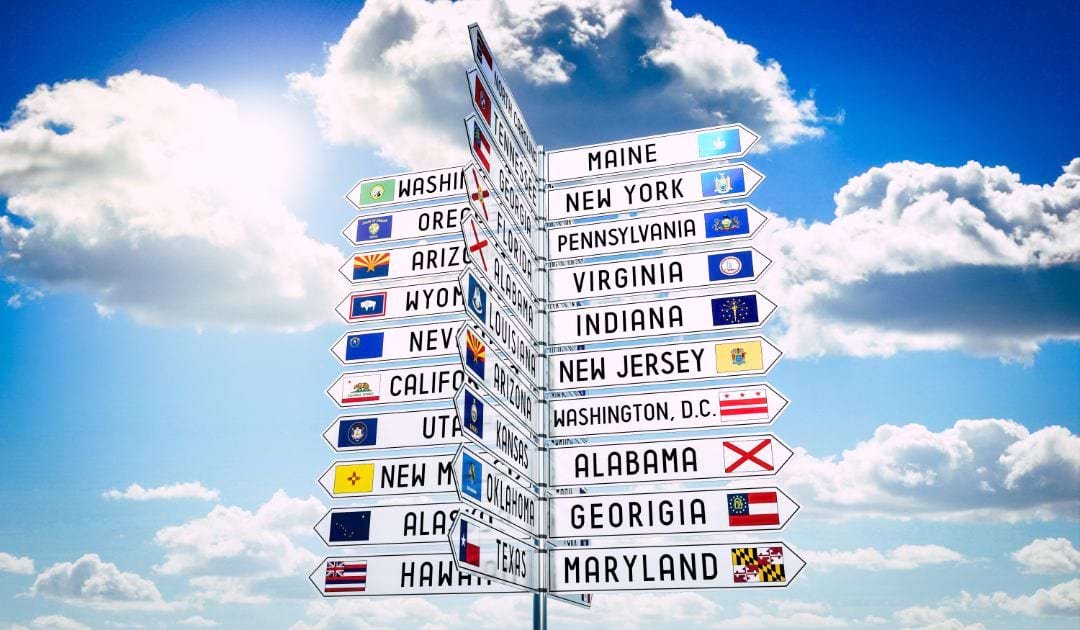Belgium Rejects Proposal to Suspend Non-Essential Travel Ban
The Belgian State Council has rejected a proposal to suspend the non-essential entry ban on March 2, 2021, and has instead decided to extend it until April 1, 2021, at least, after There's, a non-profit organization that supports the interest of second residency owners, asked for milder restrictions on entry to the country.
The Consultative Committee had decided to ban non-essential travellers to and from Belgium on January 22, which was effective until March 1, 2021, as reported by AtoZSerwisPlus.com.
In the Parliamentary Committee on European Affairs held on Monday, March 1, De Croo reacted to a Commission’s letter which had asked several of the EU members to remove some of the entry restrictions on fellow EU nationals.
According to him, the purpose of the current agreement is to achieve a better form of test enforcement and quarantine measures so after April 1, the non-essential travel ban can gradually get eliminated.
Like several other EU countries, the Belgian authorities received a letter from the Commission saying that it would be possible to protect the health of the public by having less restrictive measures rather than a total ban.
“Our country will point out that the measure is strictly temporary, proportional as it concerns only non-essential travel and does not discriminate between our own and EU citizens. The four freedoms are fundamental and remain inviolable for Belgium,” De Croo said.
Moreover, De Croo declared that the Belgian authorities would give a coordinated response to the Commission with the other Member States who got the same letter. He emphasized that to approve the lifting of lockdown measures, there needs to be a mutual agreement of Belgium’s Regions, just like when they approved the travel ban.
According to The Brussels Times, in its letter to the Commission, Belgium will emphasize that the current entry ban “is a pillar of a broader policy that, in addition to the testing and quarantine policy, also concerns internal measures and must be weighed against this”.
“In my view, making the quarantine and testing measures solid is crucial. For that, we need to make a new cooperation agreement, which will give us another tool to restrict non-essential travel in a different way,” De Croo said.
According to the currency entry measures applied by Belgium, all travellers entering Belgium must have their signed statement indicating that they are travelling for fundamental reasons. However, the restrictions depend on whether people are coming or returning from the green, orange, or red zone.
If a person comes after staying for 48 hours in a red zone, they must be placed in quarantine, and they can be dismissed only after having a negative PCR test done on the seventh day of quarantine.
Further, all people travelling through or returning to Belgium must fill out a Passage Locator Form beforehand. Exceptions are only made when a person is not travelling by boat or plane and staying less than 48 hours in Belgium or abroad.


















